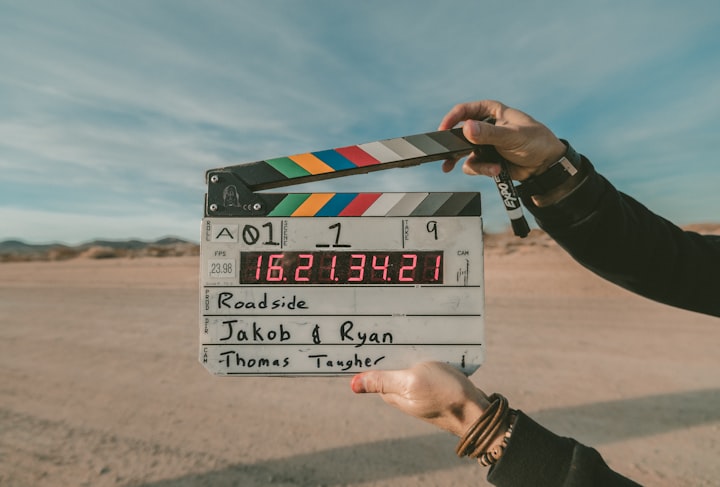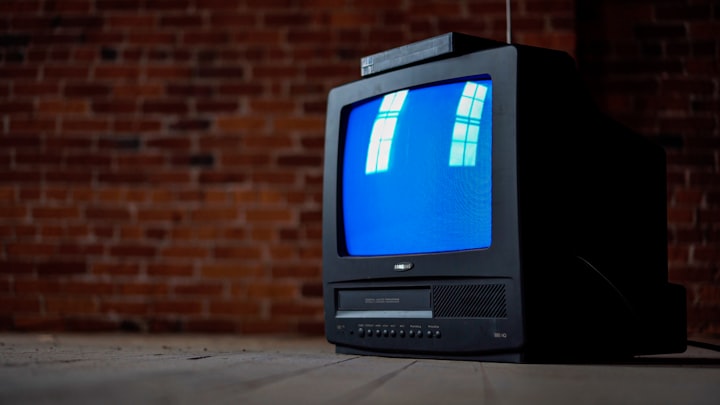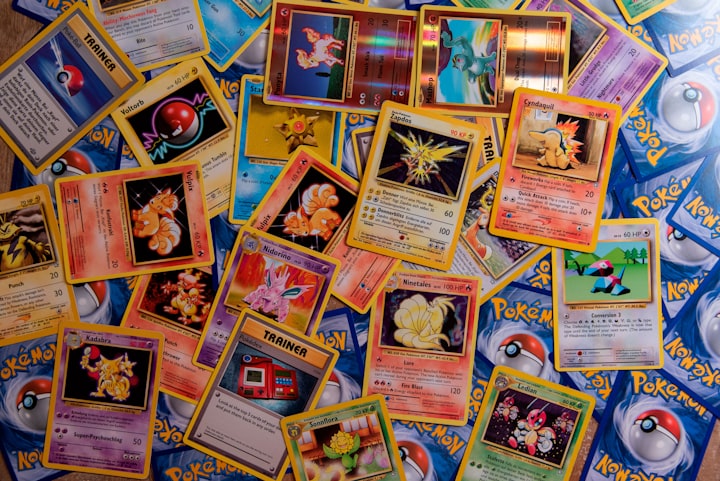6 Tips for Rookie Filmmakers
From a slightly more experienced rookie.

1. Ignore the length.
So often, when trying to write a script or produce a film, we focus so much on meeting a certain length to fulfill an expectation. However, you might be so focused on pumping out your first feature film that you end up sacrificing quality and making scenes painstakingly long. Perhaps too much exponential dialogue or sequences.
Focus on story quality above meeting length expectations. The story might be absolutely perfect for a short film. And keep this in mind, more often than not, no matter how essential you think that one scene is, your work might be all the better by cutting it.

2. Work with what you have.
The facts are, if you are a rookie filmmaker, that chances of getting that budget or location or actor are very VERY slim. If your script calls for all sorts of things you currently and immediately have no access to, maybe hold off on it for a while.
Starting out in filmmaking without connections can be difficult, so it becomes about showing as much of your potential with limited resources. Focus on creating stories that you can film even if you only have your non-filmmaker friends assisting you. Shoot that simple but moving short that you can film in your apartment. If you do a good job, you now have a sample of previous work that can open doors and give you access to those resources you previously wanted but couldn't get.
More importantly, it doesn't mean give up on that impressive epic tale you're writing, but rather don't close your sights so much onto that one story that you end up making nothing, or a half-assed attempt that falls short of your vision.

3. Avoid white/blank walls.
My filmmaking professor repeated this over and over to us in class and yet we didn't see his point. I'm pretty sure he once even threatened to take on point off for every white wall he saw in our work. Extreme measures but he was so right, even if we didn't understand it at the time.
White or blank walls can be just as distracting as an overcrowded set decor. The audience eyes drift over to it, almost expecting something to push through it like the demogorgon in Stranger Things. They can be a great asset if you're trying to make a point, but if you're not... it is a clear sign of lack of thought about the set-up or art design, and gives away your rookie status.

4. Play with your shots.
Avoid sticking to the standard WS, MS, CU for every single shot. Play with angles. Play with foreground and background. Use shots to your advantage and to add onto the story. If you've studied visual theory, you should be aware of how much a shot can influence the viewer's perception of mood, status, and character. If you didn't know that, read up on it a little before you film.
The shots are not just a barrier between script and finished product. Shots are part of what builds up your world, your message, your feelings. Don't use them as a means to an end, use them as an essential part of your creation.

5. Color correction can go a long way.
Even if you are not a master of color correction, use it, test it, play with it. Despite what the name might imply, color correction does not mean there is has to be something 'wrong' with the colors to use it. Rather, it is used to enhance the colors, the vibrancy, add to the mood of your film. Most editing tools have it incorporated, there's no need to jump to the specialized programs.
Use it to match the colors between different shots and to add a tinge of what you want your audience to feel through color. I promise, it makes all the difference.

6. Make it personal.
No matter how much you're aiming for commercial films or sci-fi epics, how personal you make it will determine the success of the story. Especially if anything else feels like it's lacking. Start with the personal and the societal message or global connection will come on their own. People connect with emotions, so get all up in their personal feelings and get them to move, get a reaction. Whether the reaction is positive or negative that's up to you.
So there you go. Set out into the world as a rookie filmmaker with a little bit more knowledge and make your film just a little better within your means. Go and do your thing!

About the Creator
Angie Loveday
An asexual Costa Rican filmmaker and writer fumbling her way through words, hoping to make some sense to the netizens. You can follow me online @ang_lovestheday






Comments
There are no comments for this story
Be the first to respond and start the conversation.